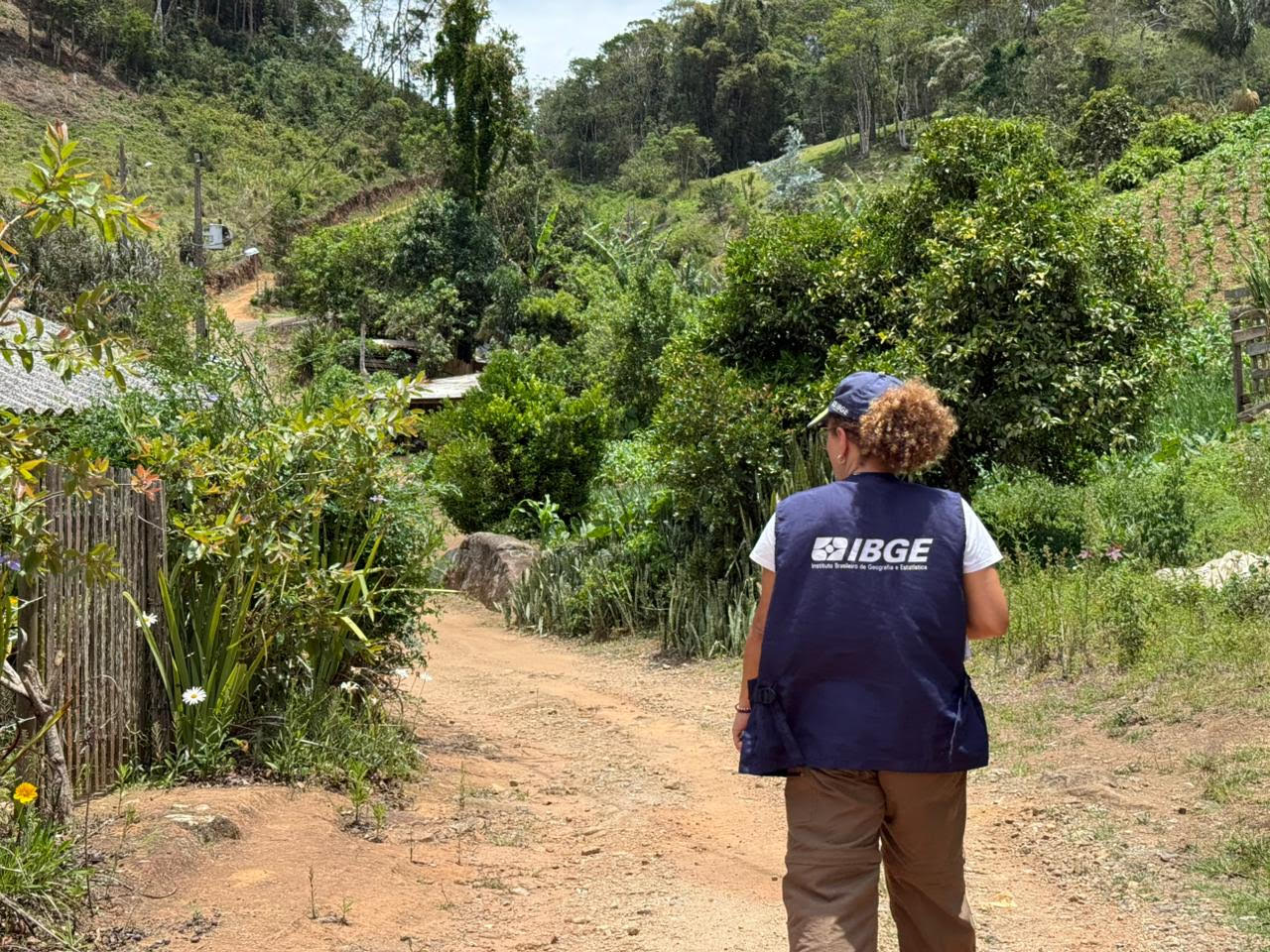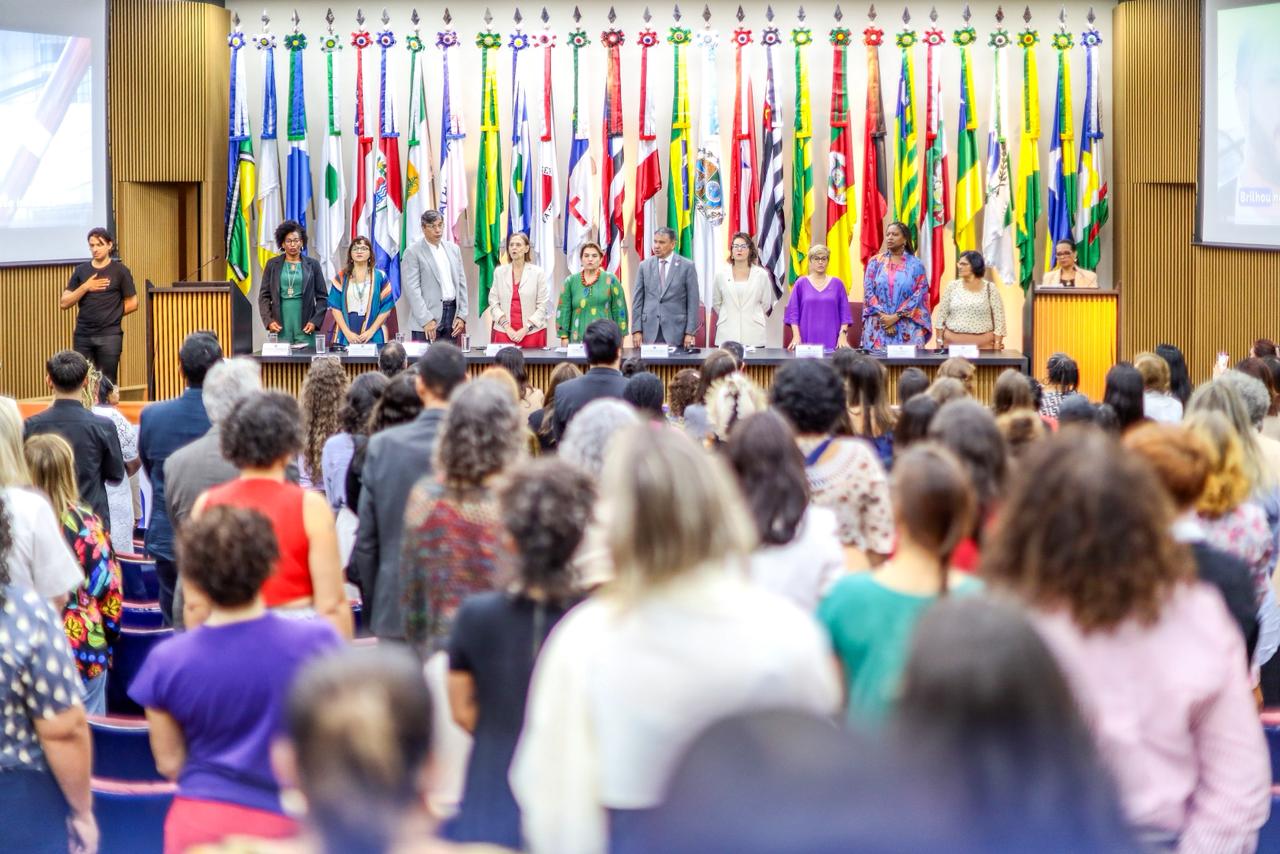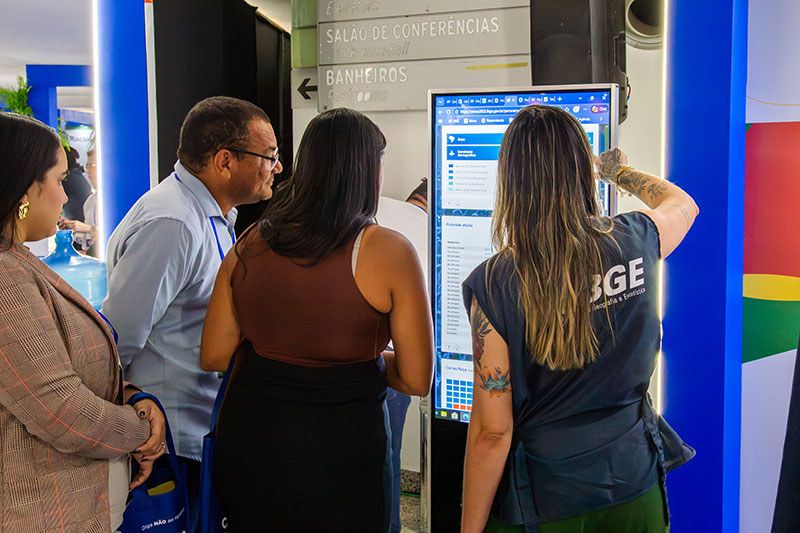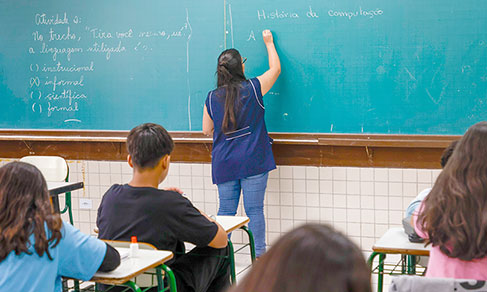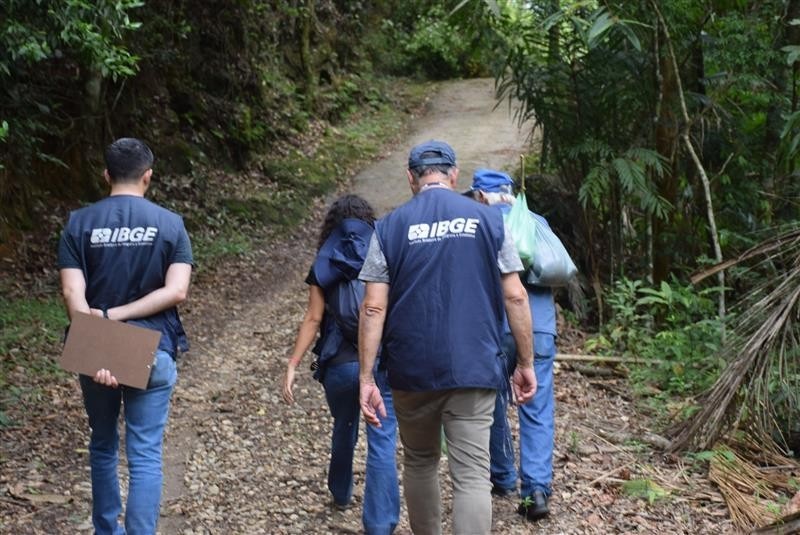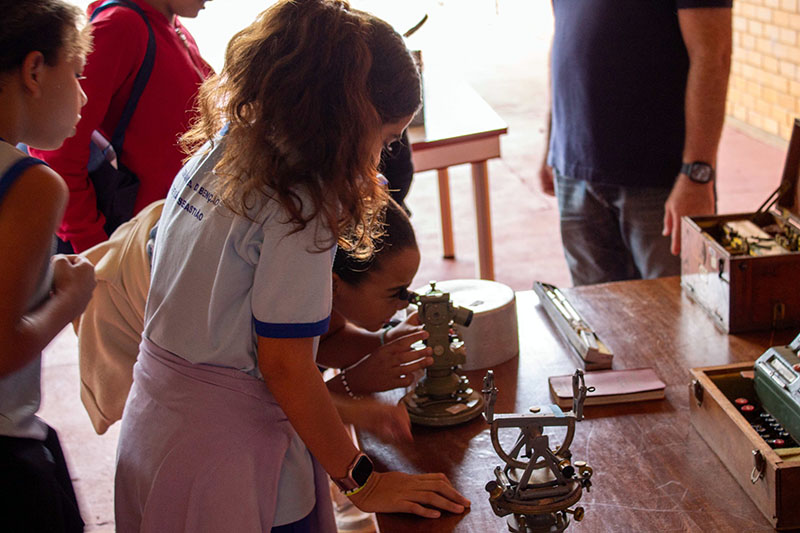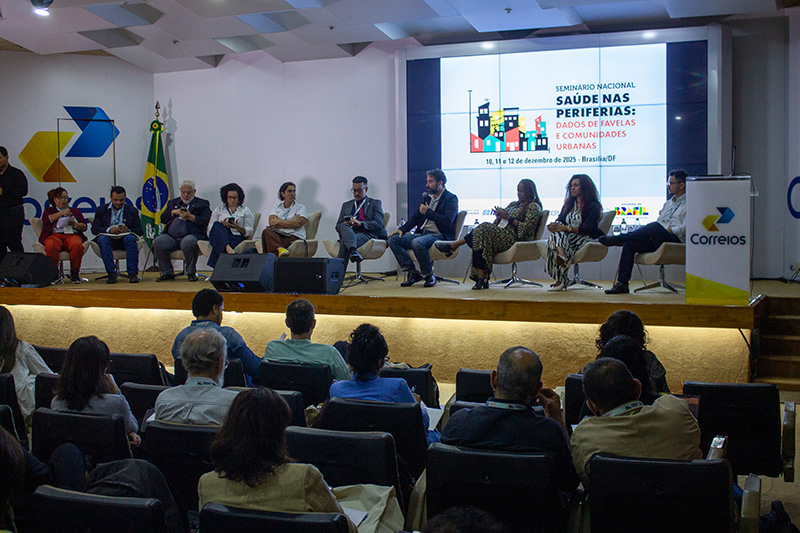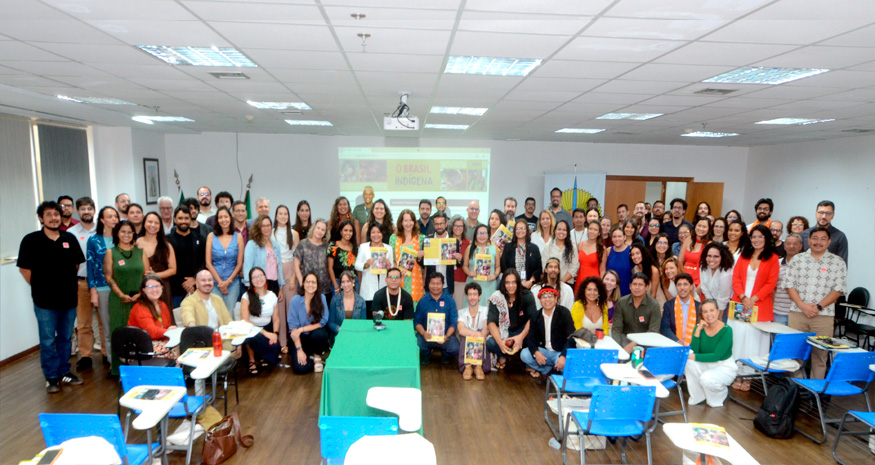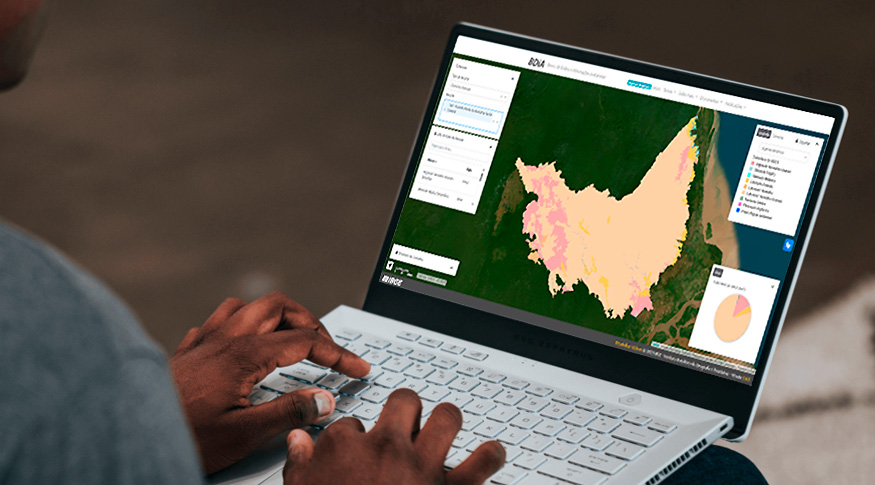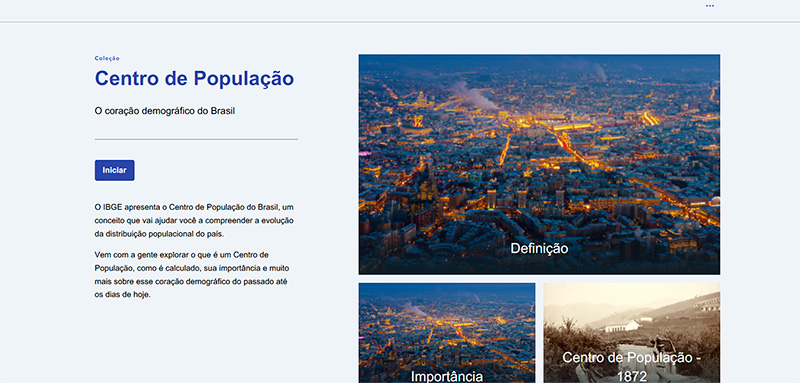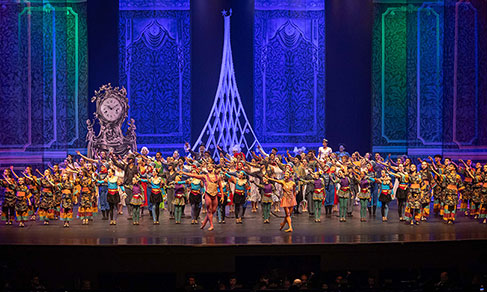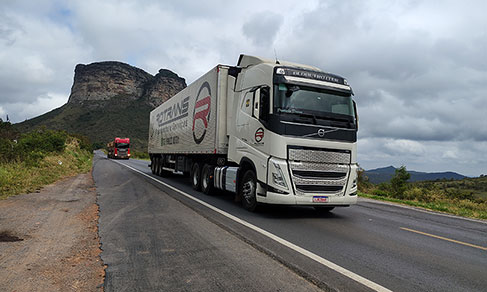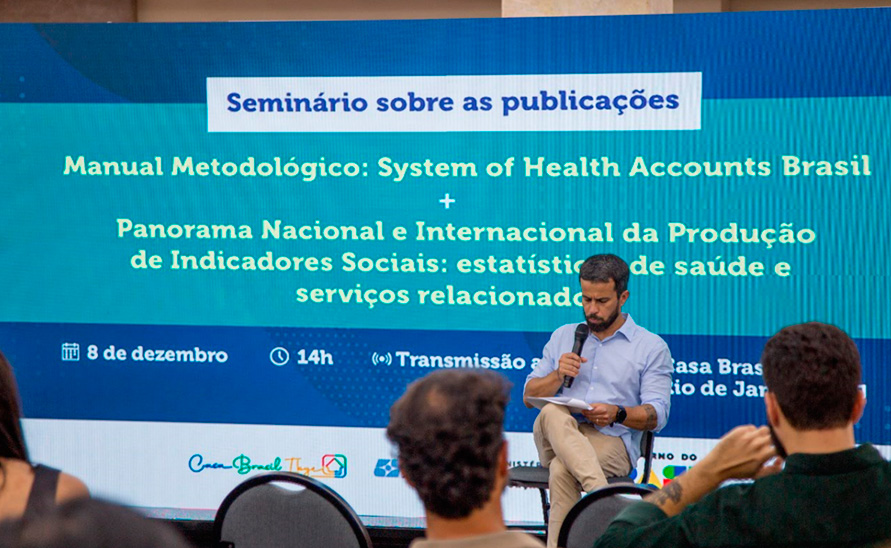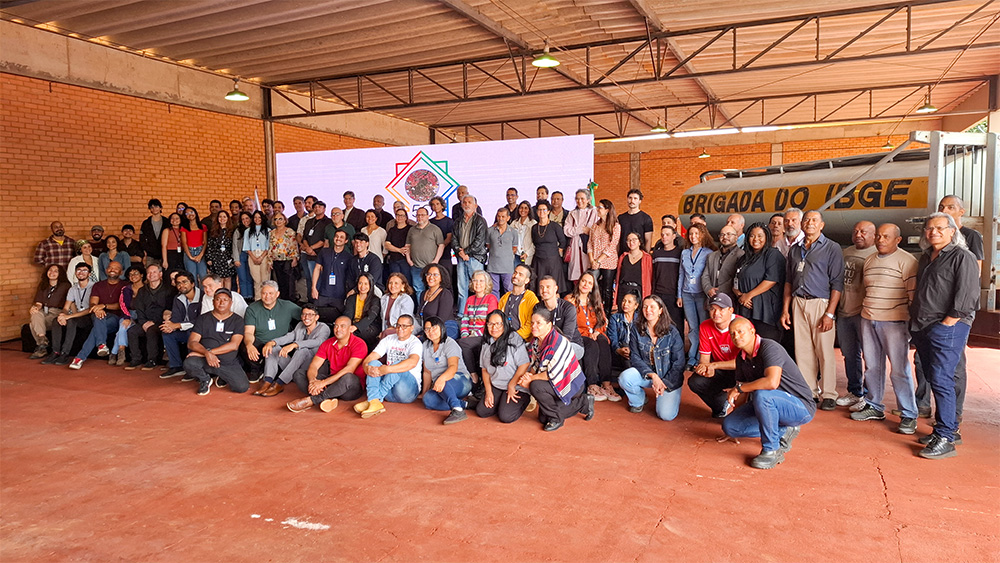2022 Census
Get to know IBGE partners for carrying out the Census
May 02, 2022 10h00 AM | Last Updated: May 04, 2022 08h29 AM
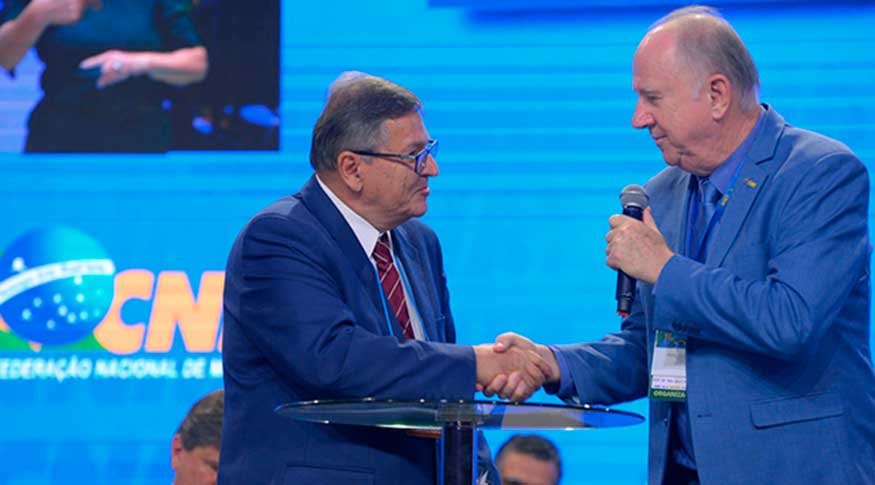
Three months before the start of one of the largest enumeration operations in the world, the IBGE goes on establishing partnerships with public and private institutions in order to visit more than 70 million Brazilian households, and to enforce the main function of the Population Census: counting the population throughout the national territory, as of August 1.
Several agreements have already been made for the setting of data collection points, with furniture, logistical and dissemination support, at no additional cost, for the operation that will mobilize the entire country.
As the main source of reference on the living conditions of the population, the 2022 Census will reveal the characteristics of households, ethnic-racial identification, marriage, nuclear family, fertility, religion or cult, disability, internal or international migration, education, commuting to study, labor and income, commuting to work, mortality and autism. Discover the partnerships recently signed for the operation:
CNM
On April 26, the president of the IBGE, Eduardo Rio Neto, made an agreement with the National Confederation of Municipalities (CNM), aiming at the exchange of information between the two institutions for the conduction of the Census. The agreement was made during the XXIII March to Brasília in Defense of Municipalities, in Brasília. The event was attended by more than 3,000 mayors from all over the country.
At the meeting, the president of the CNM, Paulo Ziulkoski, highlighted the long-standing partnership with the Institute and emphasized the importance of the data provided in the sharing of resources from the Municipal Revenue Fund, a constitutional transfer from the Federal Government to the states, which transfer the cash to municipalities. "The Fund requires precise numbers for the division of quotas. And each quota represents between R$ 2.5 million and R$ 3 million annually in the municipal coffers", he explained. "It is up to the city halls to help the IBGE in the enumeration of each citizen", he pointed out.
TSE
The IBGE required that the Superior Electoral Court (TSE) do not summon temporary or permanent servants to work in the elections, since the Census data collection, scheduled to start in August, will take place simultaneously with the national election, in October. A long-time partner of the Regional Electoral Courts, the IBGE also explained its difficulty to provide, this year, the structure for the elections, including its fleet of cars, since the vehicles will be used in census activities.
In a meeting in March, with the president of the IBGE, Eduardo Rio Neto, the IBGE Director of Surveys, Cimar Azeredo, and the advisor to the presidency of the IBGE, Sinval Santos, the president of the TSE, Minister Edson Fachin, acknowledged that the elections and the Census guarantee important interests for Brazil, either portraying the country or reinforcing democracy. Mr. Fachin also pointed out that the whole society is responsible for the Census and made the Court available to support whatever is needed. “The TSE and the IBGE work in a two- way street, sharing the scope of civic duties”, claimed the minister.
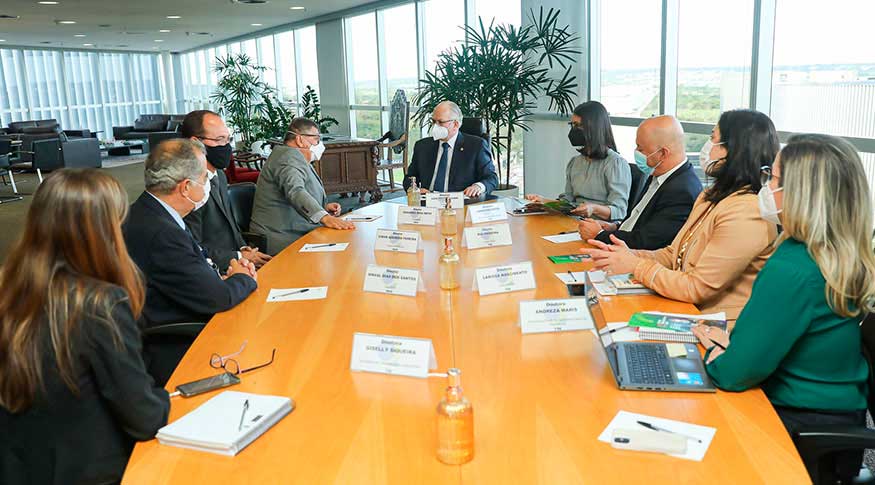
INSS
Eduardo Rios Neto, Cimar Azeredo and Sinval Santos were also at the INSS (National Institute of Social Security). In a formal meeting, in March, a technical cooperation agreement was established for the use of facilities at the insitute's agencies for the installation of data collection stations, which are temporary work units that serve as a basis for enumerators and their supervisors in the support, management and control of data collection.
The INSS has branches in more than 1,500 municipalities. Executive managers are analysing each agency's capacity of becoming a Census collection station. By May, the viable branches will have been defined. In addition to the physical space, the agencies will provide furniture and equipment. The partnership will not affect the service to the public, and the agencies' work will remain as usual.
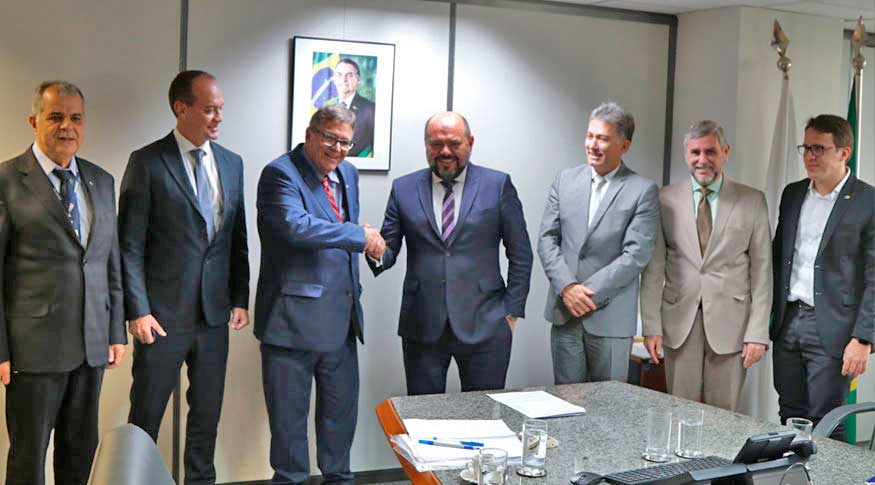
CNT
Also in March, IBGE met with the National Transport Confederation (CNT). The entity is to provide classrooms for training the teams that will visit more than 70 million Brazilian households between August and October. The CNT covers 27 federations and five national unions, representing 164,000 companies in the sector. The institution is present throughout the country with the Sest/Senat network (Social Transport Service and National Transportation Training Service). Training for enumerators is scheduled to begin in May.
Sesai
To enumerate riverside communities in Amazonas and Pará, in the North of the country, where one can only have access by boat or plane, the IBGE is negotiating transportation support with the Special Secretariat of Indigenous Health (Sesai), of the Ministry of Health. The idea is that enumerators travel, whenever possible, together with the health teams of the secretariat to these areas. About 46% of the team are Indigenous and can contribute to publicizing the Census and approaching respondents.
Sesai serves more than 755,000 Indigenous people living in villages across the country. With 14,600 health professionals, it promotes primary health care and sanitation initiatives, in a participatory and differentiated way, according to the epidemiological and sociocultural specificities of these peoples.
Funasa and Health Agents
Still within the scope of the Ministry of Health, a cooperation agreement is being negotiated with the National Health Foundation (Funasa) to support the operations of the Census. Funasa promotes health through sanitation and environmental health initiatives and will provide facilities for data collection stations. Its agents will also contribute to publicizing the operation and, whenever possible, will take the IBGE teams on their journeys.
The executive secretary of the Ministry of Health, Rodrigo Otávio Moreira da Cruz, was also asked to support the dissemination of the Census to the more than 200,000 community health workers who go to the field every day to serve the population. The IBGE will participate in a training session for agents, where a video about the census operation will be broadcast with the participation of President Eduardo Rio Neto.
UNHCR and IOM
The IBGE is also negotiating with the United Nations High Commissioner for Refugees (UNHCR) and the International Organization for Migration (IOM) for the census of immigrants and refugee immigrants living in the country, including those from Venezuela and from Haiti and who settled in Roraima and Pará. The objective is to sign a technical cooperation agreement for the data provision, as UNHCR and IOM are in direct contact with these populations. The initiative can help enumerators reach the shelters, approaching respondents and translating the interviews.
PRF
In April, the IBGE also met with the Federal Highway Police (PRF) to provide support in terms of safety, logistics and information sharing. As they are present throughout the national territory, PRF agents will be able to contribute to the dissemination of the Census, advising the population to welcome enumerators.
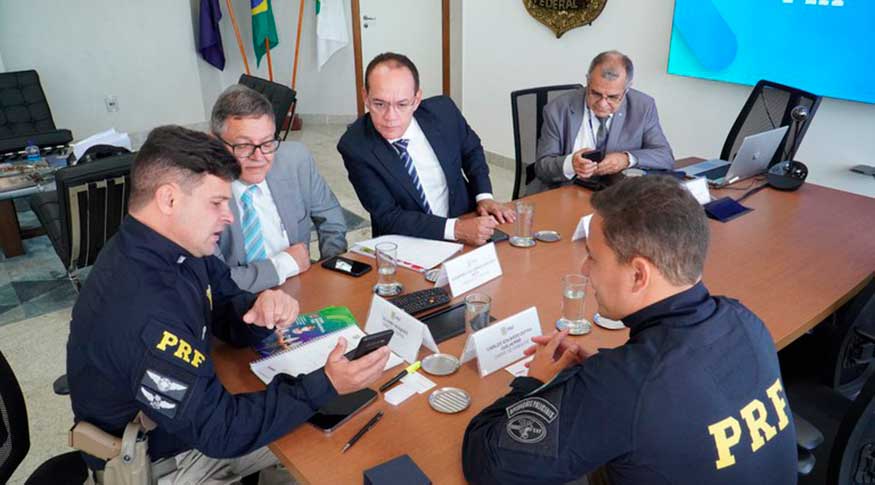
Other local partnerships
In addition to these institutions, the IBGE keeps seeking partners to carry out the Census. One of the next challenges is to get free pass from the city halls of the 5,570 municipalities in the country for enumerators and supervisors. Since 2019, the Institute has been holding Census Planning and Monitoring Meetings (REPACs) in each one of the cities. Details on these local partnerships can be found on the 2022 Census Portal.
“Cities are the main partners in the municipal sphere. Through them, we can set facilities as data collection stations, with furniture, logistical support and dissemination initiatives at no additional cost to IBGE and to them. There are also many partnerships with state and federal agencies, private organizations and civil society. The institutions understood how big the challenge is of carrying out the Census and offered help”, concludes the president of IBGE, Eduardo Rio Neto.



